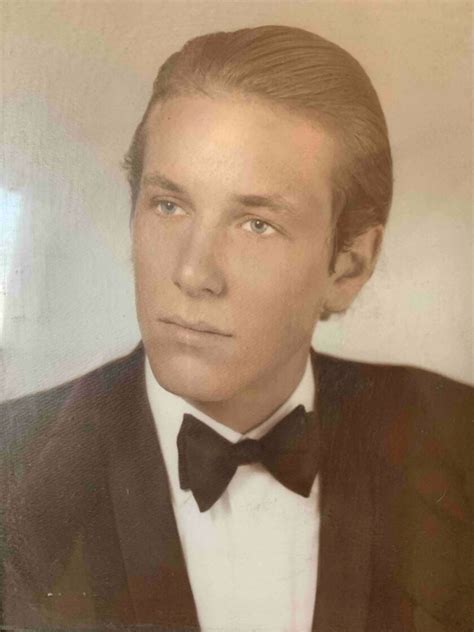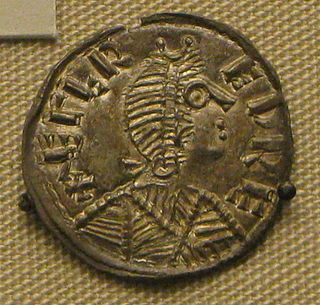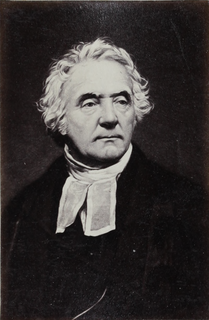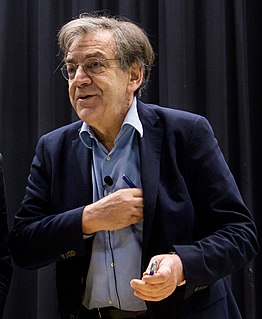A Quote by Edmund Burke
I find along with many virtues in my countrymen there is a jealousy, a soreness, and readiness to take offence, as if they were the most helpless and impotent of mankind, and yet a violence... and a boistrousness in their resentment, as if they had been puffed up with the highest prosperity and power. they will not only be served, but it must also be in their own way and on their own principles and even in words and language that they liked... which renders it very difficult for a plain unguarded man as I am to have anything to do with them or their affairs.
Quote Topics
Related Quotes
He that is to govern a whole Nation , must read in himself, not this, or that particular man; but Mankind; which though it be hard to do, harder than to learn any Language, or Science; yet, when I shall have set down my own reading orderly, and perspicuously, the pains left another, will be only to consider, if he also find not the same in himself. For this kind of Doctrine, admitteth no other Demonstration.
We are neither obstinately nor wilfully to oppose evils, nor truckle under them for want of courage, but that we are naturally to give way to them, according to their condition and our own, we ought to grant free passage to diseases; and I find they stay less with me who let them alone. And I have lost those which are reputed the most tenacious and obstinate of their own defervescence, without any help or art, and contrary to their rules. Let us a little permit nature to take her own way; she better understands her own affairs than we.
It is sometimes frightening to observe the success which comes even to the outlaw with a polished technique, and we find ourselves doubting the validity of the virtues we have been taught. But I believe we must reckon with character in the end, for it is as potent a force in world conflict as it is in our own domestic affairs. It strikes the last blow in any battle.
For in prosperity a man is often puffed up with pride, whereas tribulations chasten and humble him through suffering and sorrow. In the midst of prosperity the mind is elated, and in prosperity a man forgets himself; in hardship he is forced to reflect on himself, even though he be unwilling. In prosperity a man often destroys the good he has done; amidst difficulties he often repairs what he long since did in the way of wickedness.
In Europe, we don't only take offence when one company is treating another company in a way that's illegal. We also look at if governments are joining up with companies that makes it more difficult for other companies. We also see that sometimes government actions can make it very difficult for businesses to compete on their merits.
I am sure that there are many Christians who will confess that their experience has been very much like my own-that we had long known the Lord without realizing that meekness and lowliness of heart should be the distinguishing feature of the disciple, as they were of the Master. Such humility is not a thing that will come on its own. It must be made the object of special desire, prayer, faith and practice.
With only one life to live we can't afford to live it only for itself. Somehow we must each for himself, find the way in which we can make our individual lives fit into the pattern of all the lives which surround it. We must establish our own relationships to the whole. And each must do it in his own way, using his own talents, relying on his own integrity and strength, climbing his own road to his own summit.
I feel that I am much freer if I'm on my own, but I'm sure that there are a lot of painters who would perhaps be even more inventive if they had people round them... I find that if I am on my own I can allow the paint to dictate to me. So the images that I'm putting down on the canvas dictate the thing to me and it gradually builds up and comes along.
We forgive, we mortify our resentment; a week later some chain of thought carries us back to the original offence and we discover the old resentment blazing away as if nothing had been done about it at all. We need to forgive our brother seventy times seven not only for 490 offences but for one offence.
There is something false in this search for a purely feminine writing style. Language, such as it is, is inherited from a masculine society, and it contains many male prejudices. We must rid language of all that. Still, a language is not something created artificially; the proletariat can't use a different language from the bourgeoisie, even if they use it differently, even if from time to time they invent something, technical words or even a kind of worker's slang, which can be very beautiful and very rich. Women can do that as well, enrich their language, clean it up.
In the wildest anarchy of man's insurgent appetites and sins there is still a reclaiming voice,--a voice which, even when in practice disregarded, it is impossible not to own; and to which, at the very moment that we refuse our obedience, we find that we cannot refuse the homage of what ourselves do feel and acknowledge to be the best, the highest principles of our nature.
Each man is contained and constrained, on entering social life, to fit his own life in, just as he fits his words and thoughts into a language that was formed without and before him and which is impervious to his power. Entering the game, as it were, whether of belonging to a nation or of using a language, a man enters arrangements which it does not fall to him to determine, but only to learn and respect the rules.
A freedom which is interested only in denying freedom must be denied. And it is not true that the recognition of the freedom of others limits my own freedom: to be free is not to have the power to do anything you like; it is to be able to surpass the given toward an open future; the existence of others as a freedom defines my situation and is even the condition of my own freedom. I am oppressed if I am thrown into prison, but not if I am kept from throwing my neighbor into prison.










































